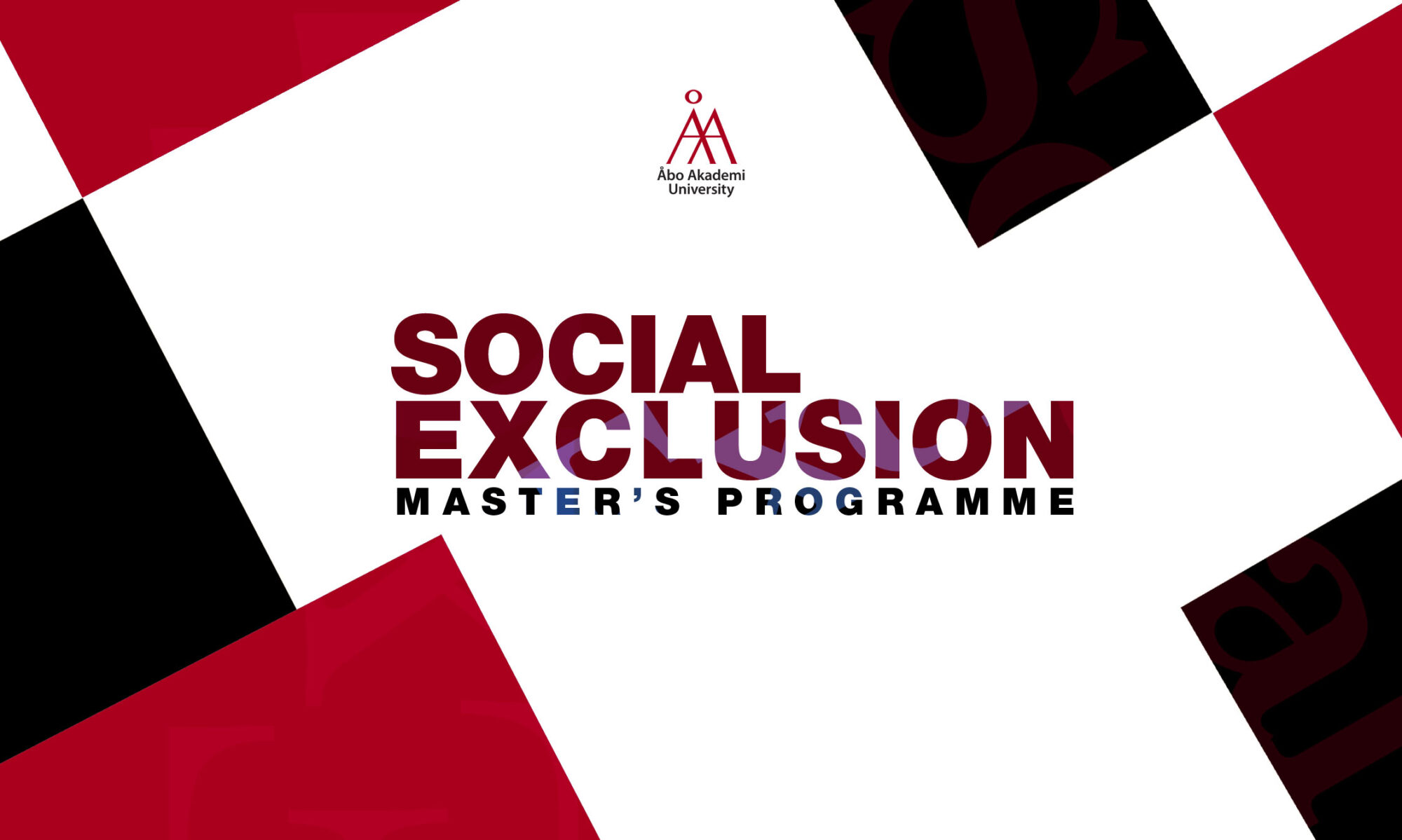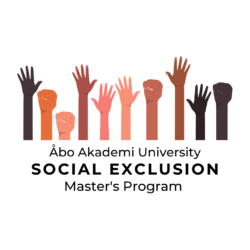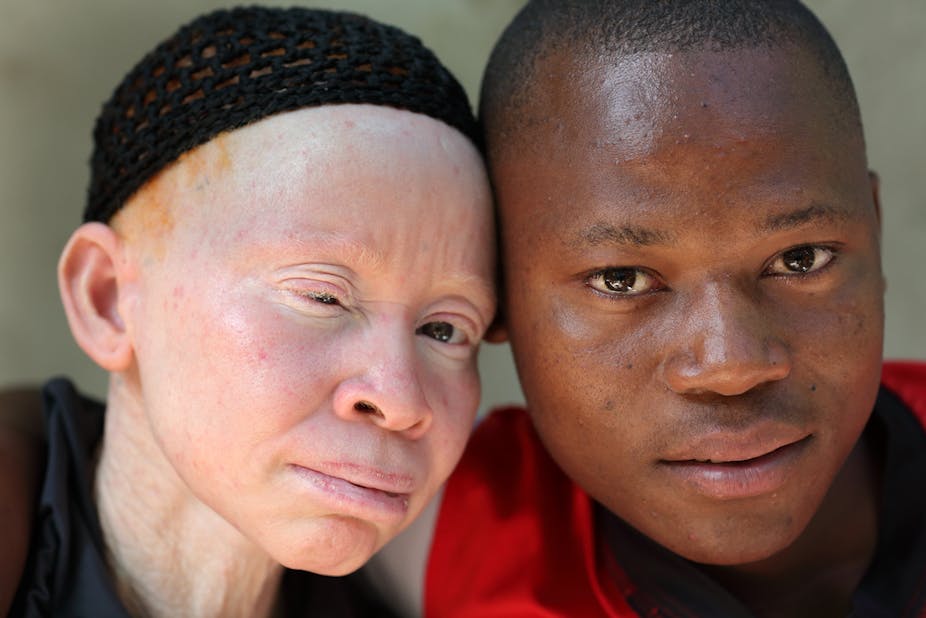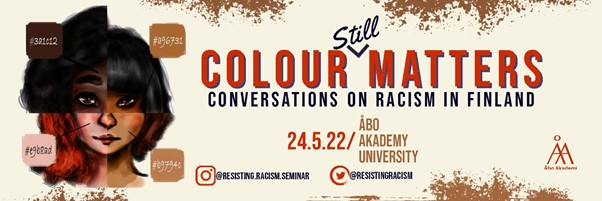The Master’s Degree Program in Social Exclusion offers two pathways to Master’s education, the Master of Arts or Master of Theology. Keep in mind however, that the Master of Theology requires applicants to have a background in studies of religion, theology, or similar. Applicants should note this difference and be mindful of this difference when applying to the program.
Whilst both options can be applied to, admission is awarded only to one option. For example, if you were to apply to both the Master of Arts and the Master of Theology, admission will be awarded on the basis of only one of these two options for Master’s studies. That is to reiterate, you can apply for both options. Students can receive admissions for both tracks. However, they have to select one at the end.
The structure of Master’s studies consists of 120 ECTS (or credits) to be completed over the two years. They are broken down as follows:
- Master’s Thesis – 30 ECTS
- Mandatory Courses – 60 ECTS
- Specialization Courses – 20 ECTS
- Free studies – 10 ECTS
The strength of the program rests in its four key specializations: gender studies, philosophy, studies of religion (or theology), and history. Over the course of the two years, students will be exposed to the phenomenon of Social Exclusion from the perspective of the four key areas of specialization. This will be explained in more detail in a further post.
The current structure of the program (2022-2024) is broken down as follows.
In the first year, students are intended to complete most mandatory courses, 10 credits of specialization courses and possibly one or two free courses. This will come out to 60-70 ECTS since all courses are either 5 ECTS or 10 ECTS worth. It is highly recommended that students complete 70 ECTS in the first year so more time can be dedicated to the thesis process during the second year.
Year 1 (70 ECTS):
Semester 1 = 7 Courses (35 ECTS)
-
- Period 1:
-
Social Exclusion Key Approaches (5 ECTS)
-
Seminar 1 – Academic skills and English skills (2.5 ECTS)
-
Communication, Media Activism, and Social Change (5 ECTS)
-
Specialization Course 1 (5 ECTS)
-
- Period 2:
-
Seminar 1 – Academic skills and English skills (2.5 ECTS)
-
Social Exclusion in a historical perspective (5 ECTS)
-
Social Exclusion, Religion, and Life Views: Main Perspectives (5 ECTS)
-
Specialization Course 2 (5 ECTS)
-
- Semester 2 = 7 Courses (35 ECTS)
- Period 3:
-
Social Exclusion and Work Life (2.5 ECTS)
-
Social Exclusion in a Philosophical Perspective (5 ECTS)
-
Social Exclusion: Oppression and Resistance in the Theological Imaginary of the Latin West (5 ECTS)
-
Free Studies 1
-
- Period 4:
-
Social Exclusion and Work Life (2.5 ECTS)
-
Race, Racism & Antiracism (5 ECTS)
-
Diversity, Equality, Inclusion (5 ECTS)
-
Free Studies 2
-
- Period 3:
- Period 1:
At the end of the first year, students will be asked to declare their intention to which specialization they have chosen to specialize in. They will also be asked for their preliminary thoughts of a thesis topic which will help to determine supervision for their theses in the second year. Please note that the thesis topic can be changed in the future, and will be developed further during the second year seminar. The second year will consist of four courses (20 ECTS) and the master’s thesis (30 ECTS). The structure is as follows:
- Year 2 (50 ECTS) = 4 Courses (20 ECTS) + Master’s Thesis (30 ECTS)
- Seminar 2 – Methods for studies in Social Exclusion (5 ECTS)
- Introduction to Intercultural Communication (5 ECTS)
- Specialization course 3 (5 ECTS)
- Specialization 4 (5 ECTS)
- Master’s Thesis (30 ECTS)
Upon successful completion of all 120 ECTS, you will be awarded either a Master of Arts or Master of Theology within the Master’s Degree Program in Social Exclusion at Åbo Akademi.






![Caste (Oprah's Book Club): The Origins of Our Discontents by [Isabel Wilkerson]](https://m.media-amazon.com/images/I/516-Hi5eIhL.jpg)

